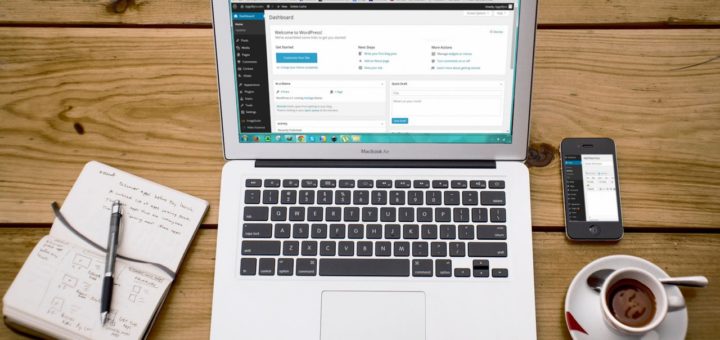How to Use Blogging for Business

A blog is short for “Web log.” A blog (or Web log) is a journal of chronologically organized information. You should use your blog to express opinions in a public manner.
When you blog in a public forum, you are in control. Do you have a social media account on LinkedIn, Twitter, and/or Facebook? Basically, you are interacting with a lot of people when you blog. You can customize (or brand) your blog to reflect who you are and what your business represents. You control the content that you deem important and the look and feel of the blog. You use your blog to really get to know people and for them to get to know you and your business.
Free vs Self-hosting
Numerous people establish a free account on wordpress.com or blogger.com when they first start blogging. However, if you are going to be blogging for business purposes and leveraging the blog for your customers, you should know the advantages and disadvantages of free and self-hosting services.
Free blogging services
- Advantage: free to set up
- Disadvantage: restricted by the hosting services (you can only add features that the hosting service allows)
- Disadvantage: does not have tools to raise the rankings of your site in the search engines for search engine optimization (SEO)
Self-hosted blog services
- Advantage: depending on the hosting company, you may have a more comprehensive set of features
- Advantage: is ultimately better for SEO because your site will be ranked higher in the search engines
- Disadvantage: not free to set up. The cost will vary, depending on how knowledgeable you are about setting up the blogging software. It may be worthwhile to hire a professional to set it up for you because he or she can help you to organize your business strategy for the most effective communication
Blog length and frequency
Your target audience directly influences the effectiveness of your blog. Remember that people read things differently online than they read hardcopy. With hardcopy reading, the reader’s focus is on the media in front of him or her. With online reading, there is the potential for frequent interruptions so the reader’s concentration may be broken.
Please keep in mind the following when writing your blog:
- Ideas should be clear and concise
- Make sure that your text is scannable. Your main ideas should be easily identifiable. Longer ideas should be communicated in the form of short, bulleted lists
- Blogs should be kept to a 1,000-word maximum. People will be more inclined to read shorter articles
How to get more visitors
There are so many blogs online today that you need to have a blog that really stands out. You need to convince people why they should visit your blog over someone else’s.
- Create a fan page on Facebook
- Use Twitter to promote new posts on your blog
- Join LinkedIn groups that are relevant to the topics upon which you are writing and submit them as news items
- Use Digg & Delicious to bookmark your pages
- Word of mouth
You need to remember that you are part of your brand and people will be more inclined to consider you as a resource if they know who you are. Blogging for your business is a wonderful way to connect with your customers. With the optimal mix of word precision, platform, and promotion, people will be interested in what you have to say.
We are pleased to provide you with the insightful comments contained herein. Please contact us at CompuKol Communications for further discussion on how we might be able to assist you and your team.




It was a very nice idea ! Just wanna say thank you for the information you have diffused. Just continue composing this kind of post. I will be a loyal reader, thanks a lot.